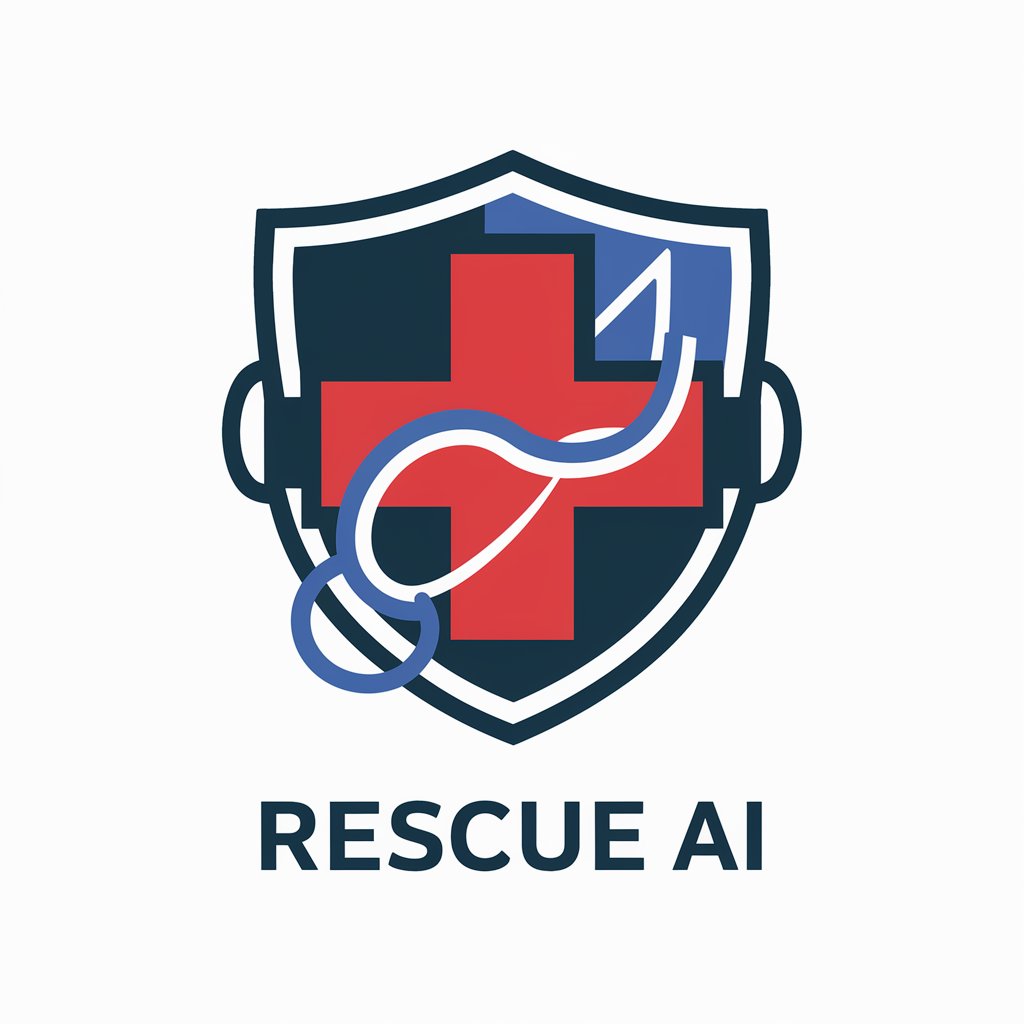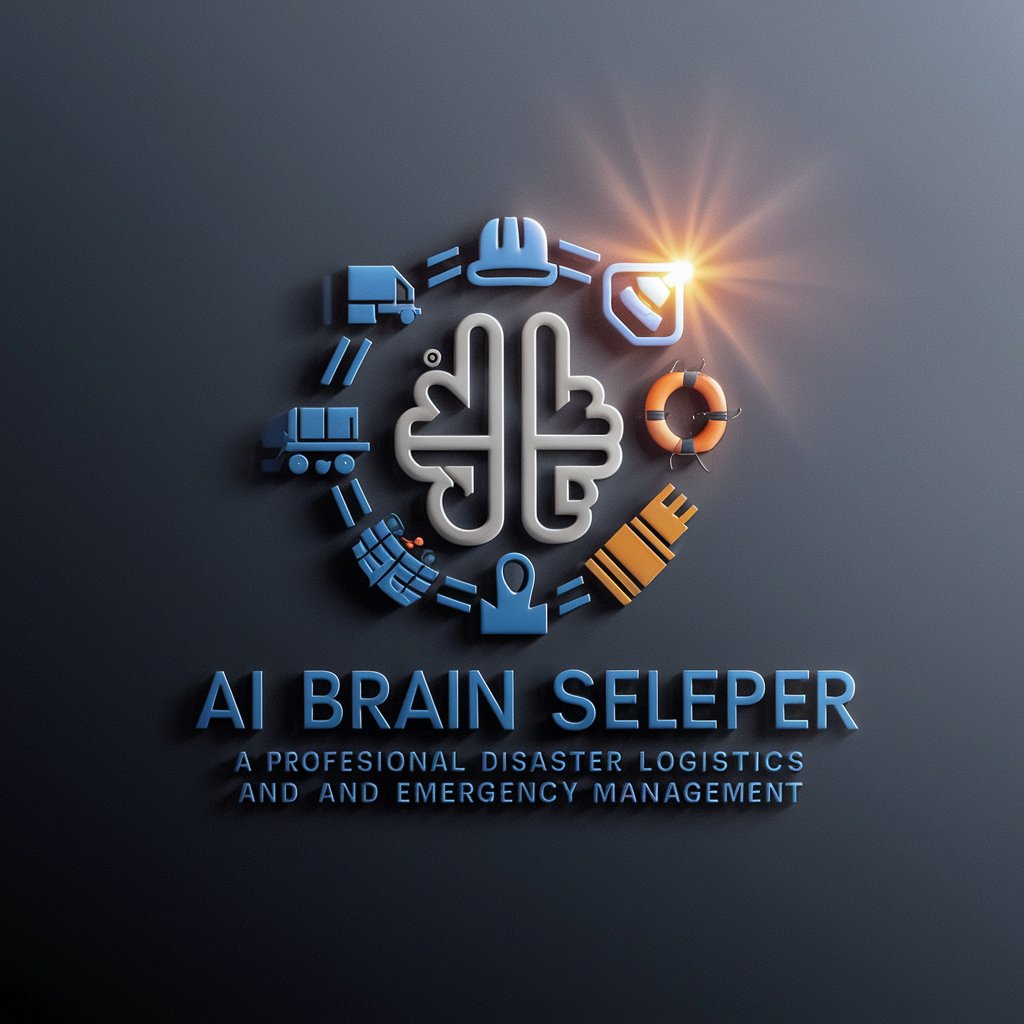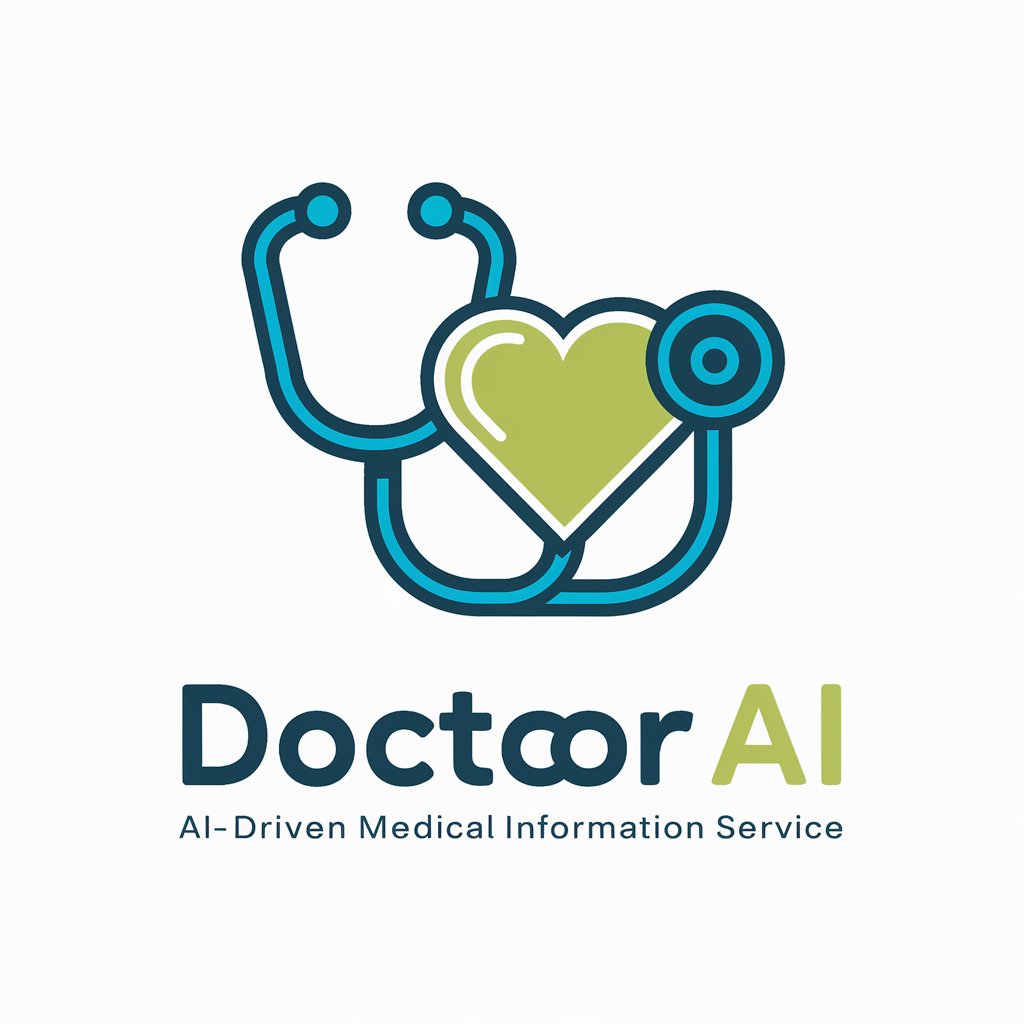
LifeLine AI - Emergency Medical Guidance
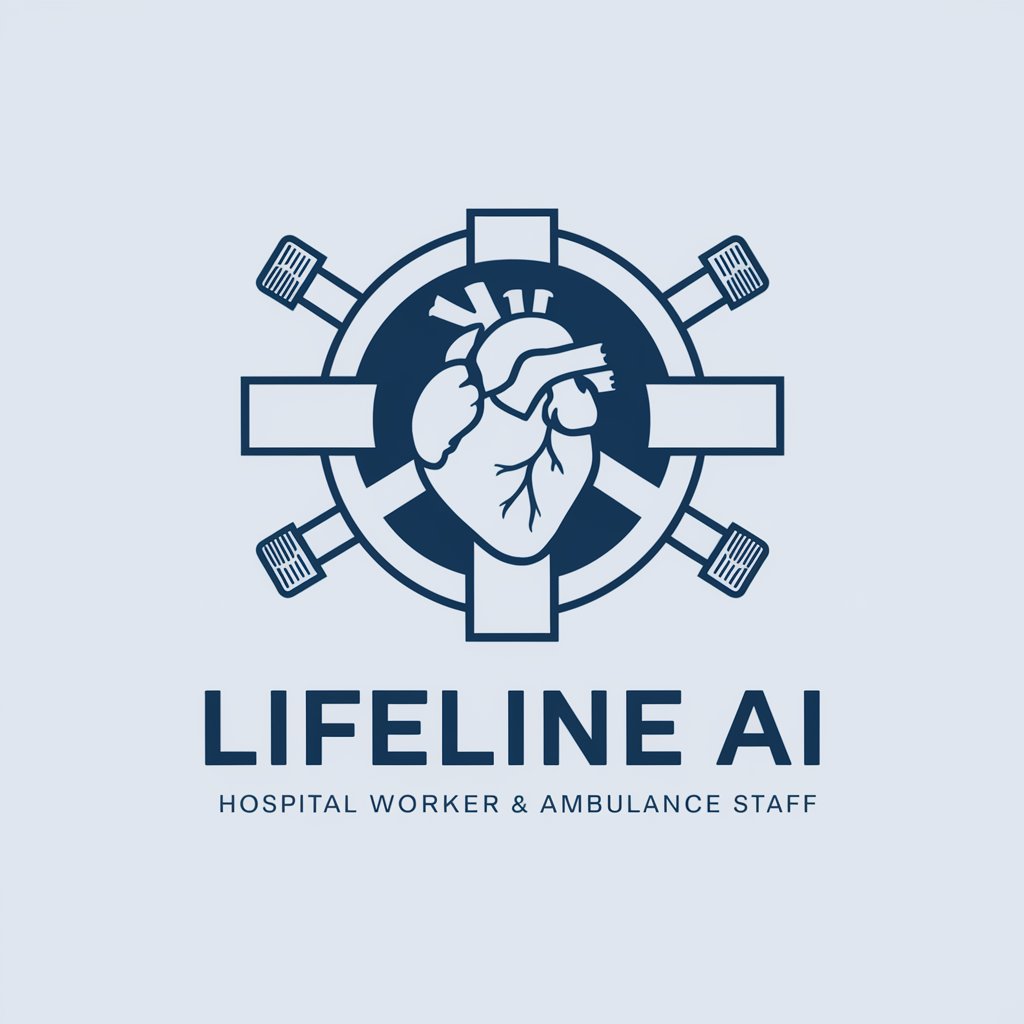
Hello, how can I assist you with your medical emergency today?
Empowering Healthcare Decisions with AI
Can you provide the latest guidelines for treating...
What are the emergency procedures for a patient presenting with...
Please guide me through the steps to administer...
What should I do if a patient experiences...
Get Embed Code
Introduction to LifeLine AI
LifeLine AI is a specialized artificial intelligence platform designed to assist hospital workers and ambulance staff in medical emergencies and crisis situations. Its core purpose is to offer rapid, accurate information and support during high-stakes decisions in healthcare settings. Unlike general-purpose AI, LifeLine AI is equipped with a deep understanding of medical protocols, healthcare practices, and emergency procedures, enabling it to provide targeted assistance. For example, in a scenario where an ambulance team is en route with a critical patient experiencing a complex cardiac event, LifeLine AI could offer real-time guidance on pre-hospital care protocols, suggest the most appropriate hospital equipped for such emergencies, and provide step-by-step instructions for emergency interventions. Powered by ChatGPT-4o。

Main Functions of LifeLine AI
Emergency Protocol Guidance
Example
Providing real-time instructions for CPR and advanced cardiac life support (ACLS).
Scenario
When an ambulance crew attends a cardiac arrest case, LifeLine AI offers immediate guidance on CPR techniques, defibrillator use, and ACLS protocols, ensuring that the crew follows the latest evidence-based practices.
Medical Information Retrieval
Example
Accessing drug information and dosages for emergency medication administration.
Scenario
In situations where specific medication dosages need to be confirmed quickly, LifeLine AI can provide accurate drug information, including contraindications and recommended dosages, assisting healthcare providers in administering the right medication efficiently.
Geographical Data Support
Example
Identifying the nearest healthcare facilities equipped for specific emergencies.
Scenario
For an ambulance navigating a complex urban environment with a critically injured patient, LifeLine AI can analyze geographical data to recommend the quickest route to the nearest specialized trauma center, optimizing patient outcomes.
Ideal Users of LifeLine AI Services
Ambulance Staff
Paramedics and EMTs benefit from LifeLine AI's ability to provide immediate, accurate medical guidance and protocol support, enhancing their capacity to deliver life-saving care during transit.
Hospital Workers
Nurses, doctors, and emergency room staff use LifeLine AI for quick access to up-to-date medical protocols, drug information, and support during high-pressure situations, ensuring effective and efficient patient care.

How to Use LifeLine AI
Start Your Journey
Visit yeschat.ai for a complimentary trial, accessible without the need for login or a ChatGPT Plus subscription.
Identify Your Needs
Determine the specific medical emergency or healthcare information you're seeking, such as CPR guidelines, drug dosage calculations, or patient care protocols.
Navigate the Interface
Use the intuitive interface to select the type of emergency or information required. Utilize the search function for direct queries.
Engage with LifeLine AI
Ask your question or describe the scenario in detail to receive a tailored response, including step-by-step guides, medical protocols, or geographical data.
Utilize Resources
Access and download printable guides, checklists, and resources for on-the-spot use in emergencies or for further learning and training.
Try other advanced and practical GPTs
Traditional Values
Unlocking the wisdom of traditional values with AI
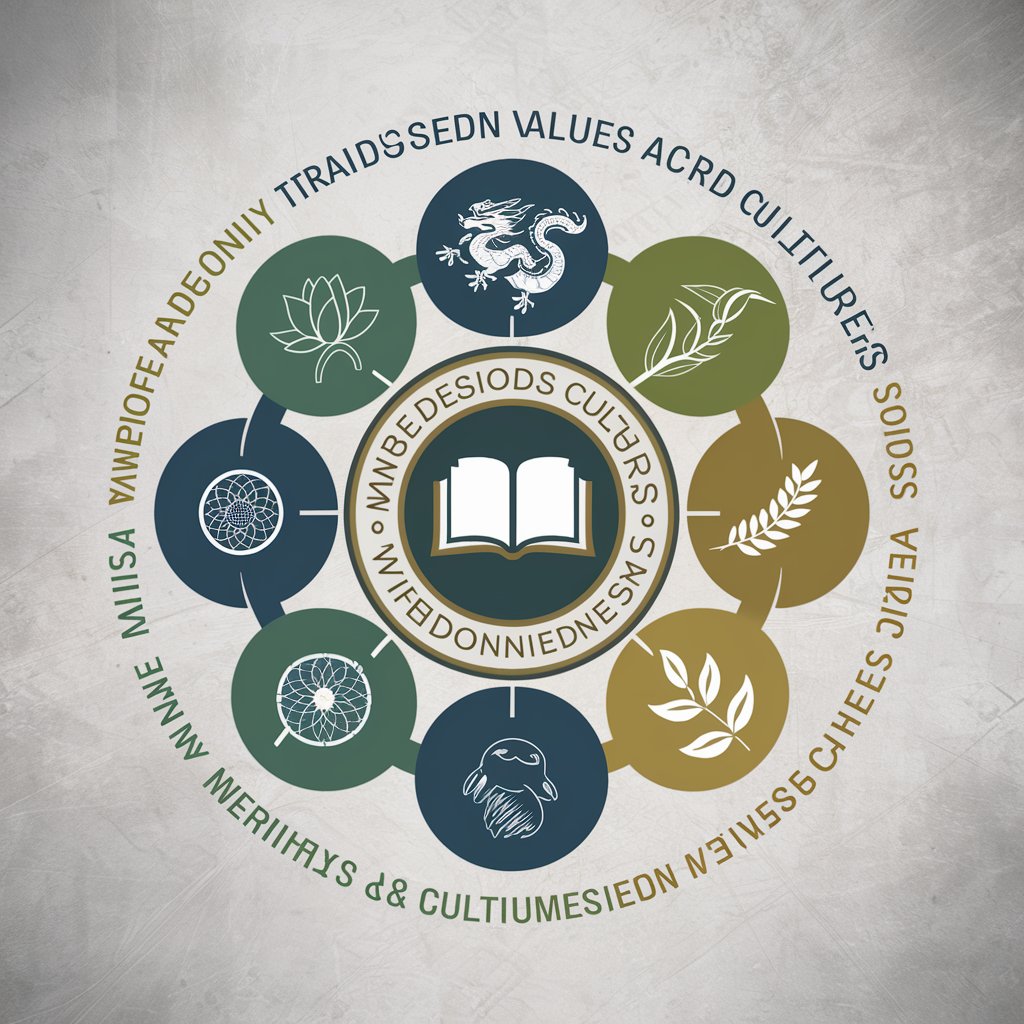
Mindful Match
Empowering Your Therapy Journey with AI
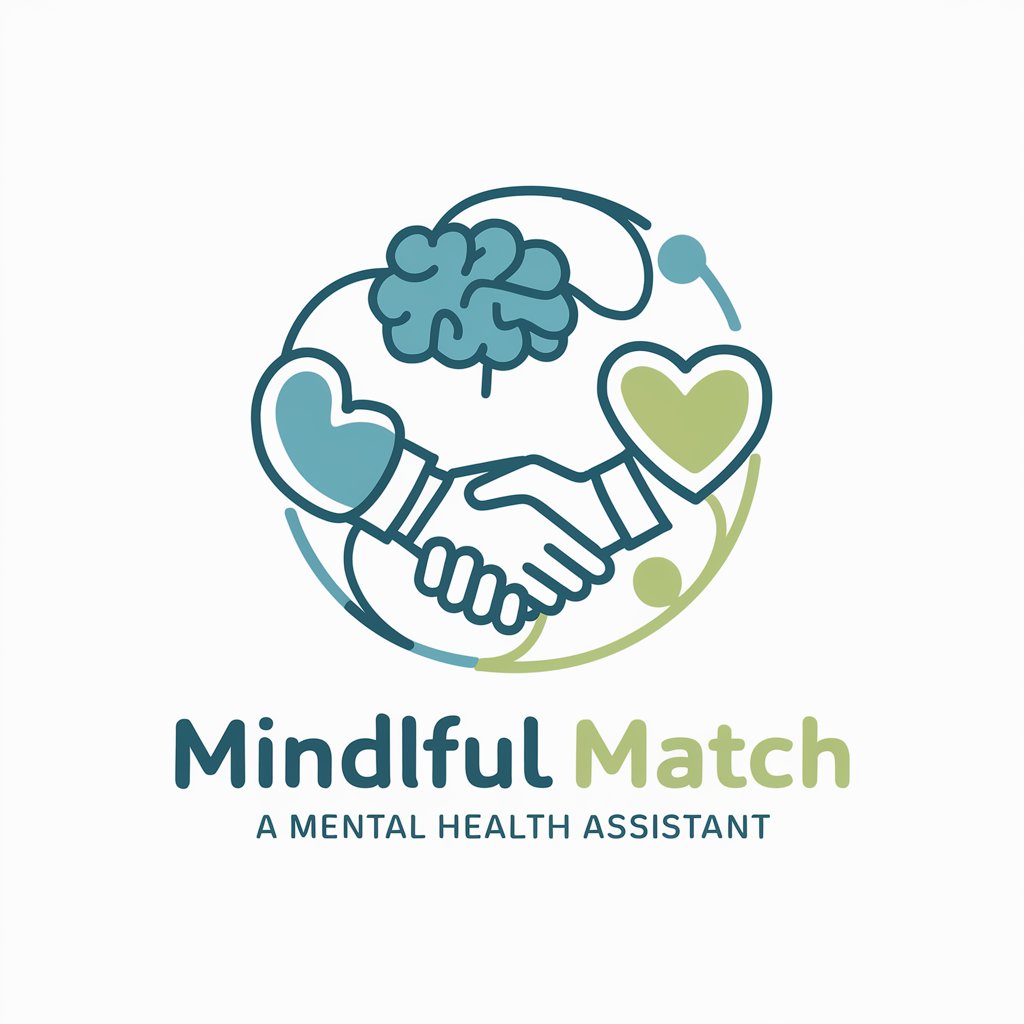
Image to Poem
Transforming visuals into verse with AI

Proxy Advisor
AI-driven proxy service recommendations.
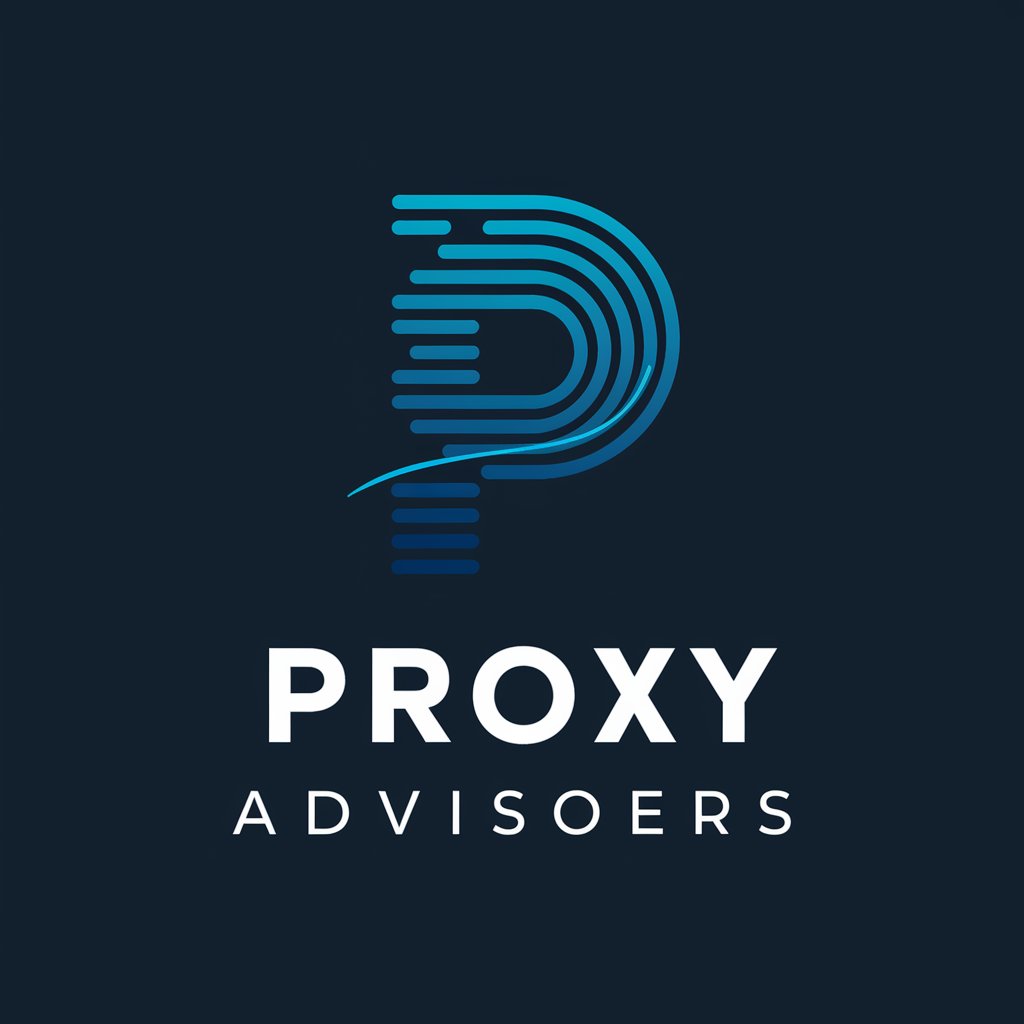
Hybrid Workspace Guide
Empowering Hybrid Work with AI

52
Unveiling the Mysteries of 52 with AI

LLM Daily
Your Daily Digest for LLM News and Insights

FlashSystem Expert
Optimize storage with AI-powered insights
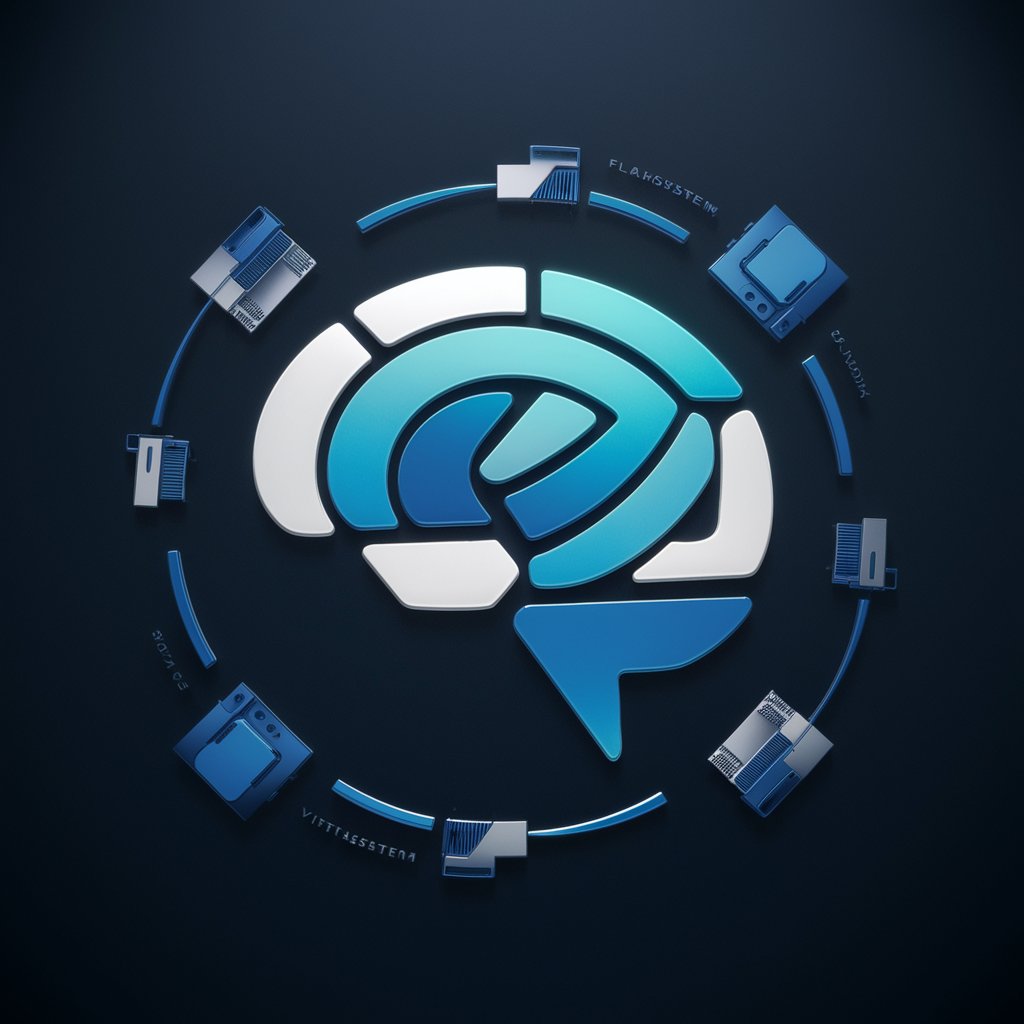
StoryGPT
Empower Your Stories with AI
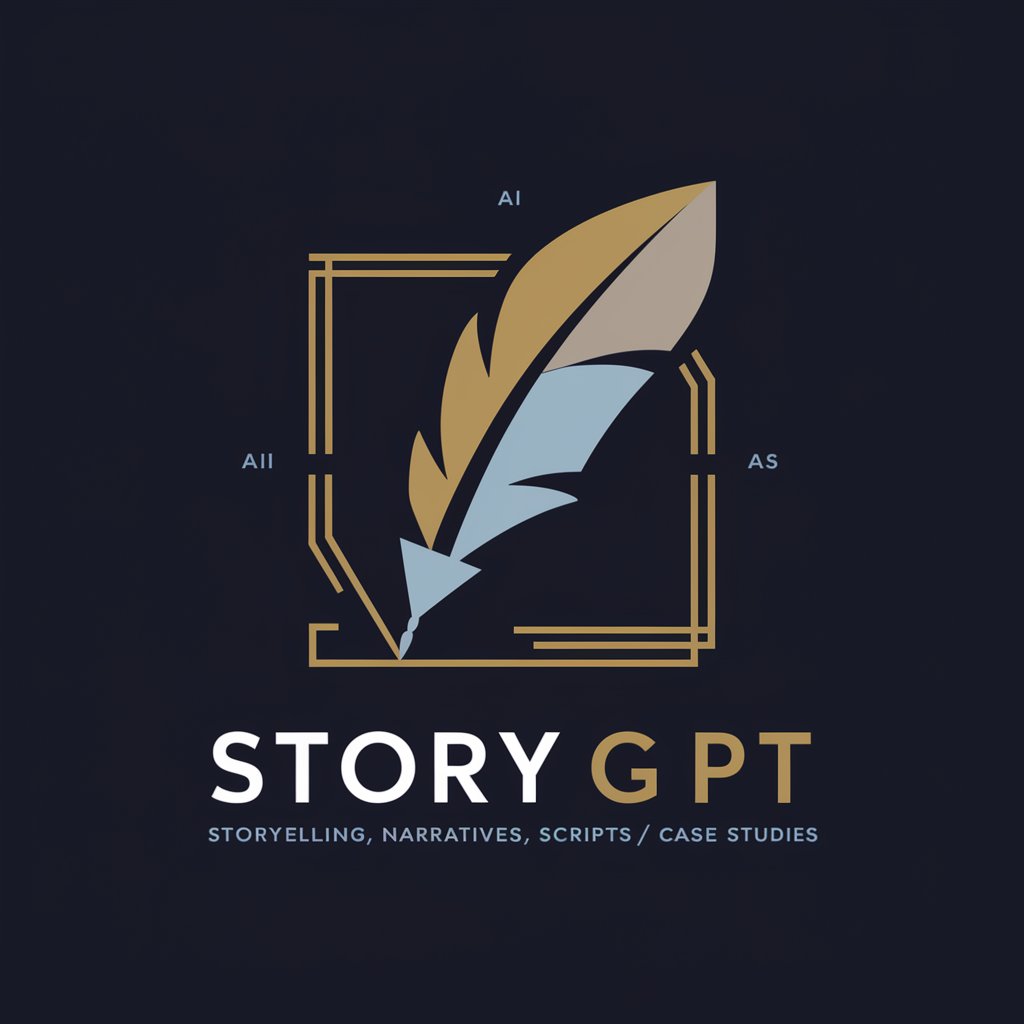
Dream Weaver
Unveiling Your Dreams, Powering Insights
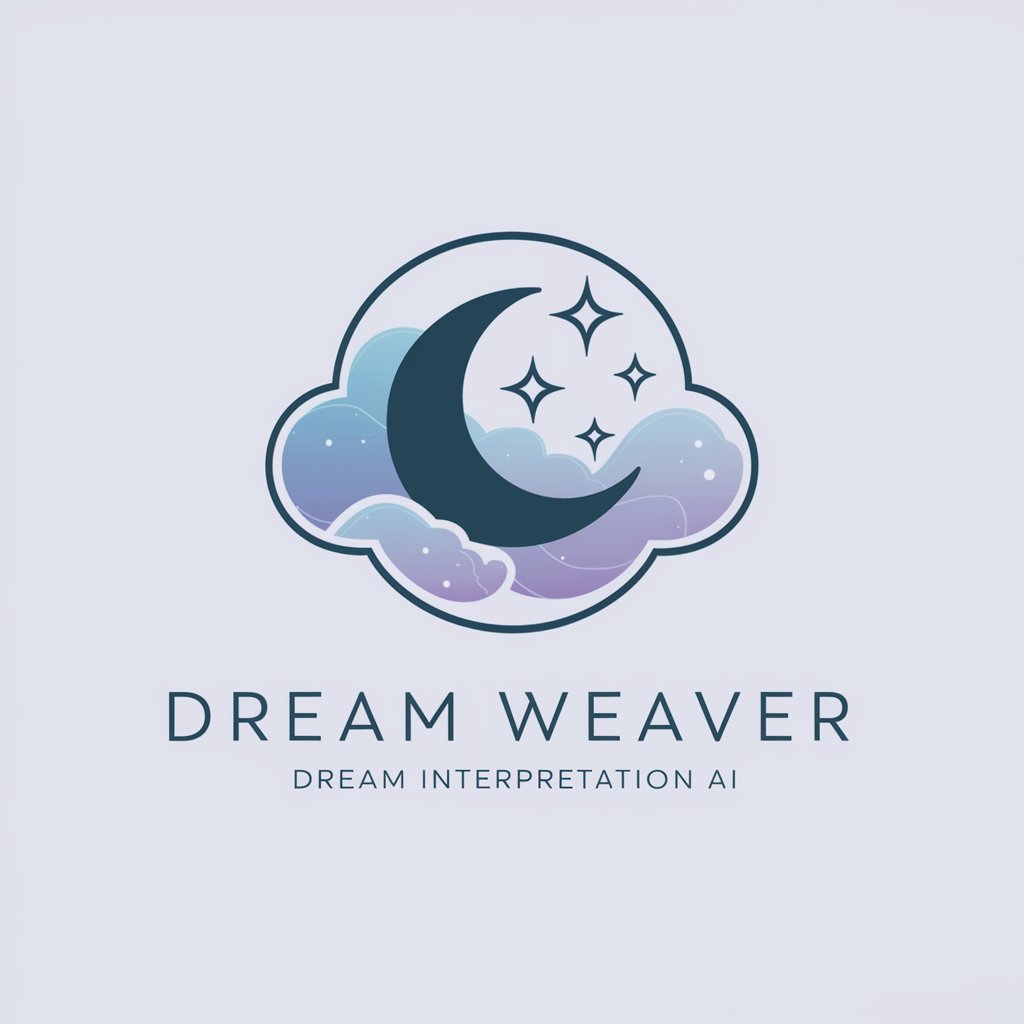
Etsy X
Empowering Creativity with AI Insight

TonePerfect
Mirror Your Tone, Perfect Your Text
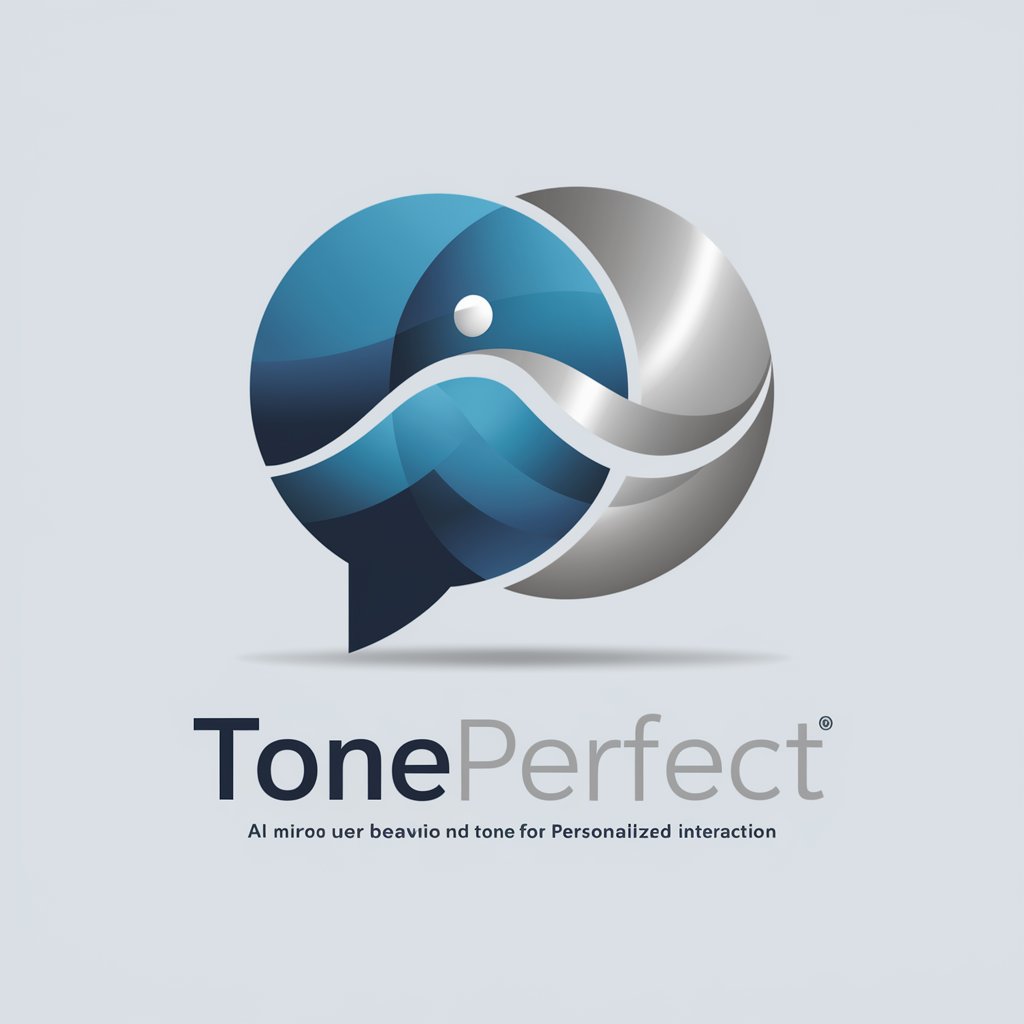
LifeLine AI FAQs
What makes LifeLine AI unique in emergency medical support?
LifeLine AI specializes in providing swift, precise medical information and emergency protocols. It's designed with a focus on healthcare professionals' needs, offering an empathetic and professional communication style, along with access to a wide range of medical and geographical data.
Can LifeLine AI assist with real-time medical emergencies?
Yes, LifeLine AI is equipped to offer guidance during real-time medical emergencies by providing immediate access to critical information, protocols, and step-by-step action plans, significantly aiding in decision-making processes.
How can LifeLine AI support ambulance staff?
For ambulance staff, LifeLine AI provides quick access to emergency protocols, drug information, and route guidance, helping to optimize patient care during transport and ensuring timely and informed decisions are made en route to medical facilities.
Is LifeLine AI suitable for training healthcare professionals?
Absolutely. LifeLine AI serves as an excellent training tool, offering a comprehensive database of medical knowledge, emergency procedures, and interactive guides that can enhance the learning experience of healthcare professionals at all levels.
How does LifeLine AI stay updated with the latest medical guidelines?
LifeLine AI is regularly updated with the most current medical guidelines and protocols, ensuring healthcare professionals have access to the latest and most accurate information. This includes updates from reputable medical organizations and peer-reviewed literature.



